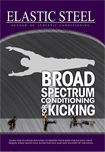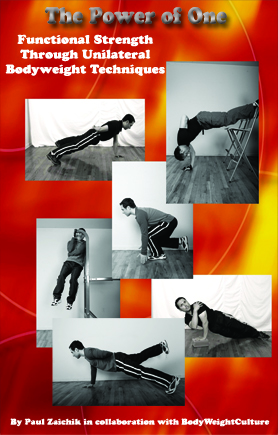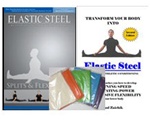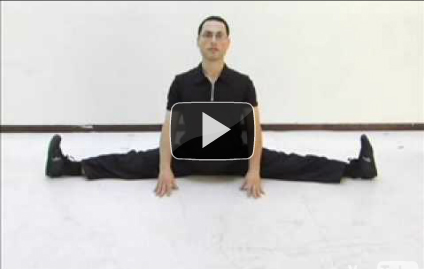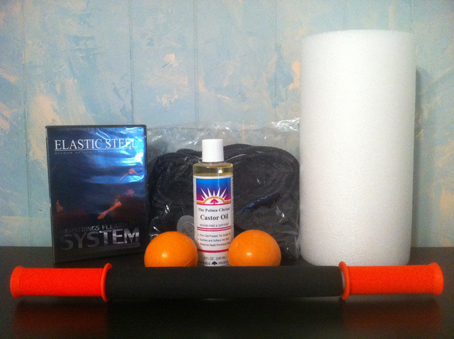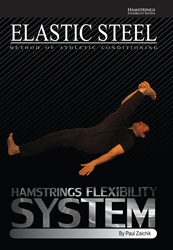Dynamic
Stretching
Front Kick
Stretch vs Front Leg Raise Stretch
7 Groups of
students chosen at random were compared using the following variables:
- Group 1- Martial Arts Training as usual; this
group would practice random kicking techniques, while the other 6 groups performed
the dynamic stretches. This group also did the same warm up for the dynamic
stretches, but did not do the stretches themselves.
- Group 2M,
and 2 D - Straight leg dynamic stretches with a rear leg. 2 sessions of 1 Set of
5 reps, each leg, 2 sets of 10 reps each side. Maximum height was only allowed
on the last 5 reps of last two sets (the 10 rep sets). The knee was straight,
leg squared to the torso (complete flexion in sagittal plane, not laterally
rotated abduction) and the supporting leg was allowed no more than 45 degree
turnout.
- Group 3M,
and 3 D - A front kick throw with speed
and power for 3 attempts with each leg, was measured for height (Original test
was performed twice, 48 hours apart to rule out any accidental variable) The 3
attempts test was only used for that day.) Prior to the test, proper warm up
was performed . Only height with good technique was counted. The subjects understood the orginal height of
the kick and were instructed to lift the chamber of the kick a few inches
higher than normal. From there a kick was performed with the heel as point of
impact. Heel was used for these two reason. 1. To break the feel of the kick. 2.
To get maximum stretch. The hip angle was maximally stabilized, during the knee
extension and the kick was used to stretch the hamstrings over the knee joint. Subjects
were instructed not to visualize a target or try to mentally strike one. (Throwing
full speed and power kick outside of safe range is an easy way to get injured.)
Not allowing the body mass to follow or accelerate the kick is another way to
prevent a real kick from taking place.
2 sessions of 1 Set of 5 warm up reps were
executed with each leg.
2 sets of 10
reps each side was the main technique.
Maximum height attempts was only allowed on
the last 5 reps of last two sets.
- Group 4M and
4D - Both the Front Kick Stretch and the Straight Leg Raise were used, according
to the methods above. To prevent change in exercise volume, which would have a
large impact on the results, 1 session
was performed with a kick stretch and one with the straight leg. Instead of 2
of each.
Kicking
Height, Speed, Power, Focus and Control were qualitatively measured at 3, 30 day
intervals. Only height of the kick was measured quantitatively using two
multicolored measuring sticks. The only reason that other modalities besides
height were taken into the consideration, was once again to avoid a kick
performed with poor form, just to gain better measurements. During the test sacrificing of the above
mentioned factors were was not allowed in favor of additional kick height.
The training
session lasted for 90 minutes, with kick, hand strikes body weight conditioning,
basic stances and footwork as the main focus.
The Result
- The average
height improvement for a group was ranked highest in a group 4M and 4D. This can
be due to the fact that concentrating the hamstrings stretch over the knee,
combines well with lengthening various hip extensors with a straight leg raise.
- Group 3M and
3D showed a only slightly lower height gains than the two 4 groups. However the
subjected tested higher than 2M and 2D groups. It's
important to notice that the height of the kick was tested and only quality
kicks counted. The study did not take into the consideration, the total height
of a kick, forgoing the speed, power, focus and control of the kick. If that
was the case, it;s possible that the results would have looked differently. At
the same time, the goal of the test was the height of a kick using full motion
of the knee. Partial knee articulation or straight knee hip flexion, may also
show different results.
Massed
Practice vs distributed Practice
These terms
are commonly used in Motor Learning in relation to how the skill training takes
place throughout the session. Mass
practice usually involves training the skills in close proximity to each other.
Distributed practice involves spacing out the skill training. It's a very
common knowledge in the exercise physiology field that the Mass Practice develops
the skills faster at the moment, but Distributed Practice allows the skills to
stay longer with the individual, while usually taking longer to perfect.
Some experts
consider dynamic stretching exercise a skill practice, while other do not. Leading
off this, it was decided to split the 3 test groups into two parts, while the
control group remained together.
Each test
group was split into subgroup M and D, for Massed Practice and Distributed
Practice respectively.
Group M,
performed all the exercises back to back, with no more than 5 minute rest
between the dynamic stretching sessions. The stretching exercises were
performed exactly a half lesson time mark.
Group D, performed
all the exercises evenly distributed throughout the training sessions.
Here the
measurements took place after the last dynamic stretching exercise for group M
and D, in the early second half of the class and at the end of the class
respectively. Another measurement was taken 30 minutes after the completion of
the class.
Results
- When M and D
groups were compare to each other, the results came as expected.
- Groups M
across the board showed great improvement in controlled kick height right after
it's massed practice, the kick height declined toward the end of the session
and declined again 30 minutes after the class.
- Group D,
showed peak height right after class, with only a small decline 30 minutes
later. The half an hour drop was less significant than group M.
However, the
greatest improvement for total height, regardless of time was in groups M.
These groups has also reported the longer lasting hamstrings soreness than
groups D.
What's in it
for you?
If you want
to achieve maximum possible height in your kick. ( Say for a picture ) Mass practice is your best bet.
On the other
hand if you want the flexibility to maximally last, at least for some time
after your workout, distribute your flexibility training.
Here are the exercises
recommended as a warm up to front kick stretches and front leg raises:
1. Knee Lifts 2. Lunge Stance
2. Lunge Stance
3. Dynamic Hip Flexors Stretch 4. Bend Knee Lifts
4. Bend Knee Lifts
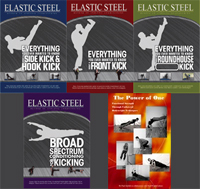
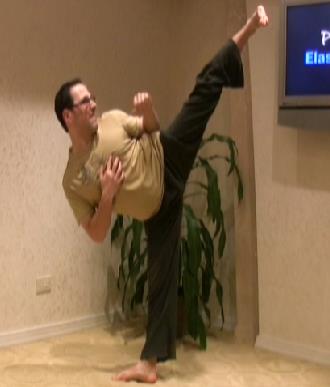
| Everything
You Ever Wanted To Know About High Side Kick, Hook Kick, Front Kick,
RoundHouse Kick, Conditioning For Kicks, Kick Master Combo!
Are
you completely satisfied with your kicks? Have you achieved the total
potential of speed, height, power, precision and control in your kicking
techniques? If
you are absolutely at the top of your kicking game, scoring easy kick
knockouts and wowing everyone with your techniques, I want to
congratulate you, I know exactly how you feel and so do thousands of my
students.
But
if, you are one of the people who haven't achieved the top of your
kicking potential, you need to read this more than anyone else. For more information on how to get your kicks higher, faster and stronger please click here
Regular Price: $330.00
Sale Price: $229.95
You save $100.05!
| for more information
|
 Master Kick Dvd Set
Master Kick Dvd Set |
| Reviewer:
Lazaro Bueno
from Miami, FL United States
|
"Bar none the best information on Kicking on the
market, my name is Lazaro "Assassin" Bueno and i have trained in many
martial arts system. In Kyokushin it is very important to have proper
and stronk kicking abilities. This set saves you all the hard work and
complicated wondering that many martial arts riddle themselves with.
Straight to the point and effective! Recommended to every serious
martial artist and fitness professional. Ive incorporated all these
techniques into my teaching material! Dont hesitate!" |
|
a $90.00 value bundle (Book & DVD) FREE of charge! A $50.00 Broad Spectrum Conditioning DVD (Exclusive to this package)
|



















 Master Kick Dvd Set
Master Kick Dvd Set
